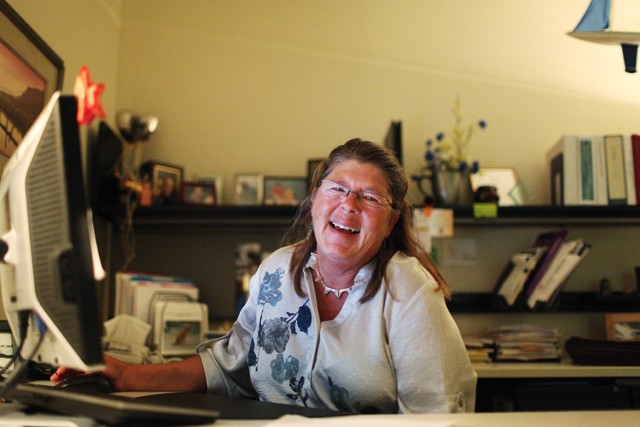In the midst of elevating their status, two University of Minnesota staff committees want to gain greater
visibility and influence.
The Council of Academic Professionals and Administrators and the Civil Service Committee announced their desires to become senates during the 2009-10 academic year. Each voted to confirm the moves over the summer.
As senates, the groups will add more weight to their status within the administrative structure of the University.
“Right now, CAPA is a council,” CAPA Chairwoman Sarah Waldemar said. “Because we’re not a senate, we find ourselves out of sync with the broader University governance structure.”
As per University Senate policy, members of the groups will be elected by fellow University employees, rather than appointed by the University president. Following final approval from the president’s office, CAPA will become the Professional and Academic Senate and will operate within the University Senate. The move is tentatively scheduled for July 1, 2011.
Waldemar is leading CAPA’s transition process, a major portion of which involves revising the group’s governance documents before the scheduled July 1 change.
She said the transformation is a “substantial move” that will “allow for more engagement and more cross-platform interaction” within the University administrative system in funding, adding that it will benefit both staff and students.
“This is key, given the current budget system,” Waldemar said.
CAPA was founded by University employees in 1980, and has existed in its current form since 2002. It is the University’s largest staff group and comprises about 25 percent of the employee population. As a council, CAPA currently meets regularly with University administrators regarding governance and other issues.
“Once we’re a senate, it’ll be easier for us to communicate with the University on these issues,” said CAPA Representative Neil Anderson.
Anderson said the idea that CAPA would become a senate came in part from CSC’s announcement that they would be voting to make such a change.
“When we heard about their plan, we knew that kind of change would be in line with our needs,” Anderson said.
Vickie Courtney of the University Senate office said that as a senate, CSC members would be able to raise issues more easily.
The group represents the interests of civil service employees and participates in governance decisions.
CSC Chairman Frank Strahan said the committee had been considering moving toward such a change for several years, but was kept from seriously proposing it due to setbacks.

Two U councils to become senates
The transition to a senate allows for a greater weight in the administration.
by Noah Johnson
Published September 16, 2010
0

